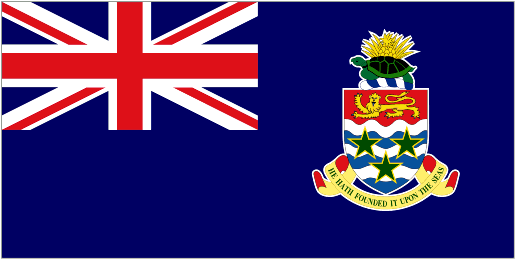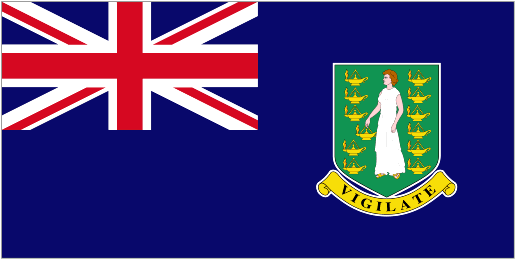
A shelf corporation, also called an aged corporation, is a corporation that has had no activity. It was created and put on the "shelf" to age. This corporation is then later usually sold to someone who would prefer to have an aged corporation rather than a new one. A business entity that is created through a process other than incorporation (such as a limited liability company) is simply called a shelf company.
Common reasons for buying a shelf corporation include:
- Saving the time involved in taking the steps to create a new corporation.
- Gaining the opportunity to bid on contracts. Some states require that your company be in business for a certain length of time.
- Creating an appearance of corporate longevity.
- Access to investment capital.
- Easier access to corporate credit.
Many years ago, it would take months to properly incorporate a business. However, it is now quite easy, at least in Australia, the United States, Canada and Western Europe; to do so. In fact, it can now be done in as little as a couple of hours. It is questionable whether a shelf corporation improves access to capital, since creditors and investors look into a company's history as part of due diligence.
A number of companies "produce" and sell shelf corporations, promoting the fact that the new buyer can at the same time have a corporation with a long history, and yet have complete control over the establishment of the corporations board of directors and shareholder profile.




